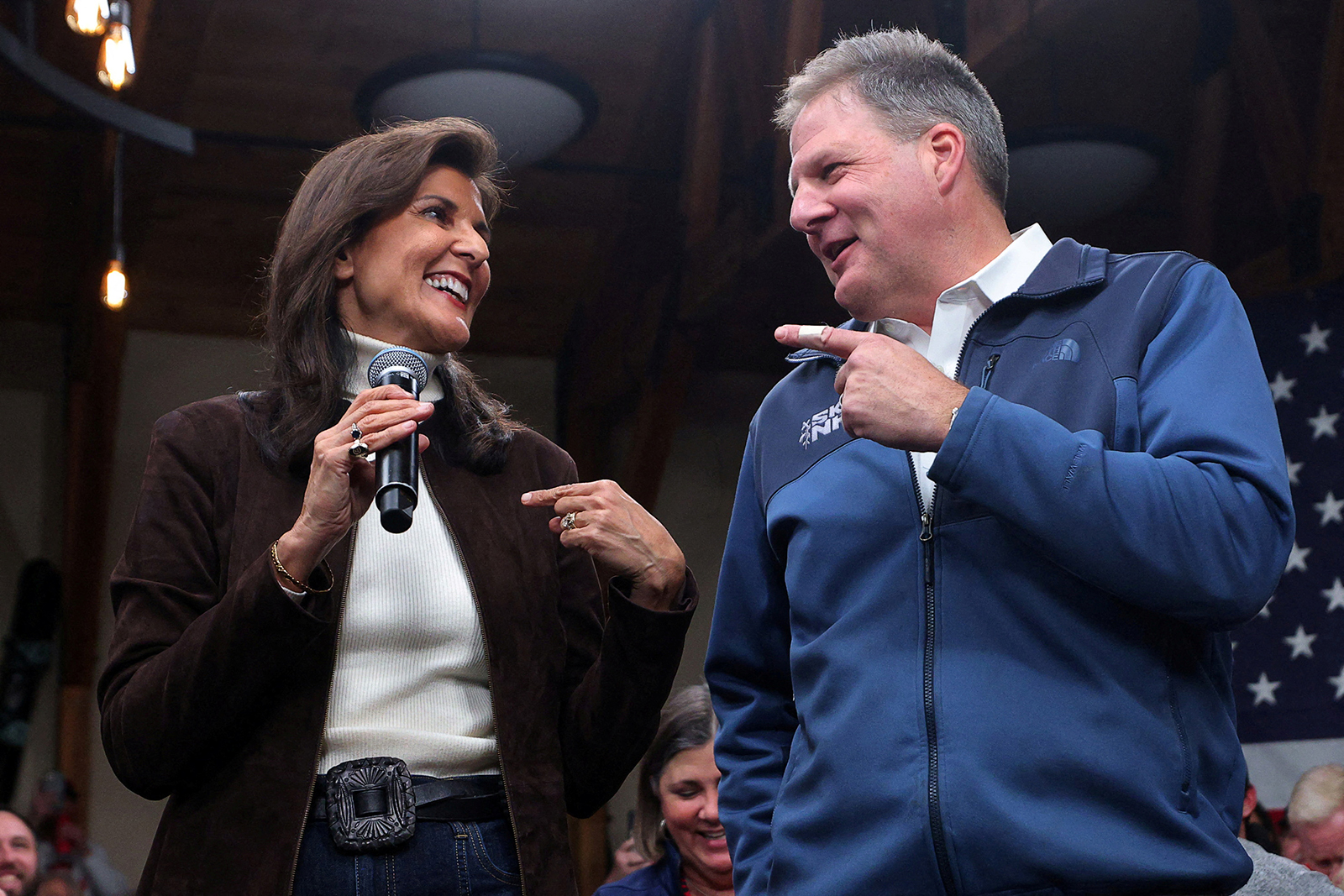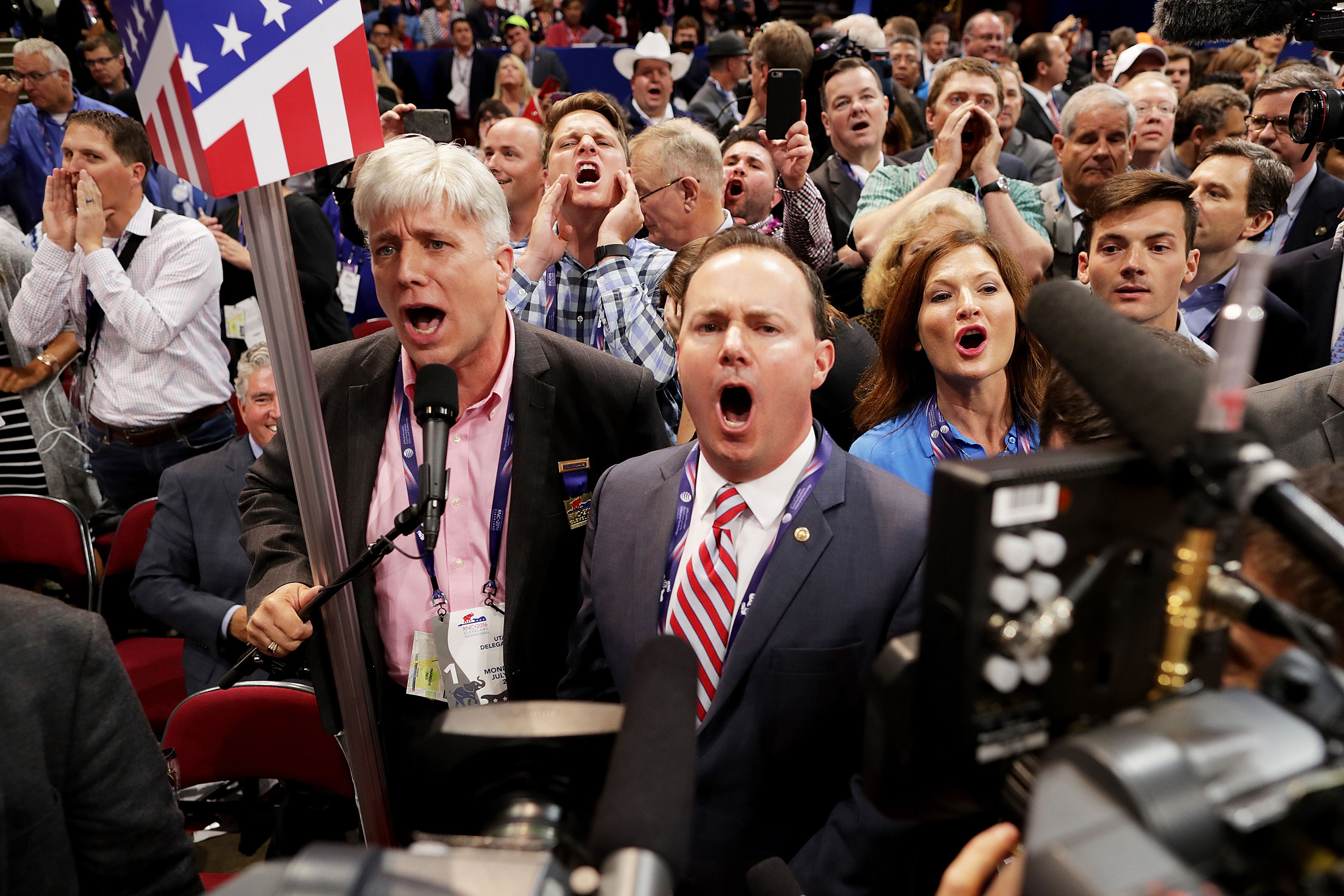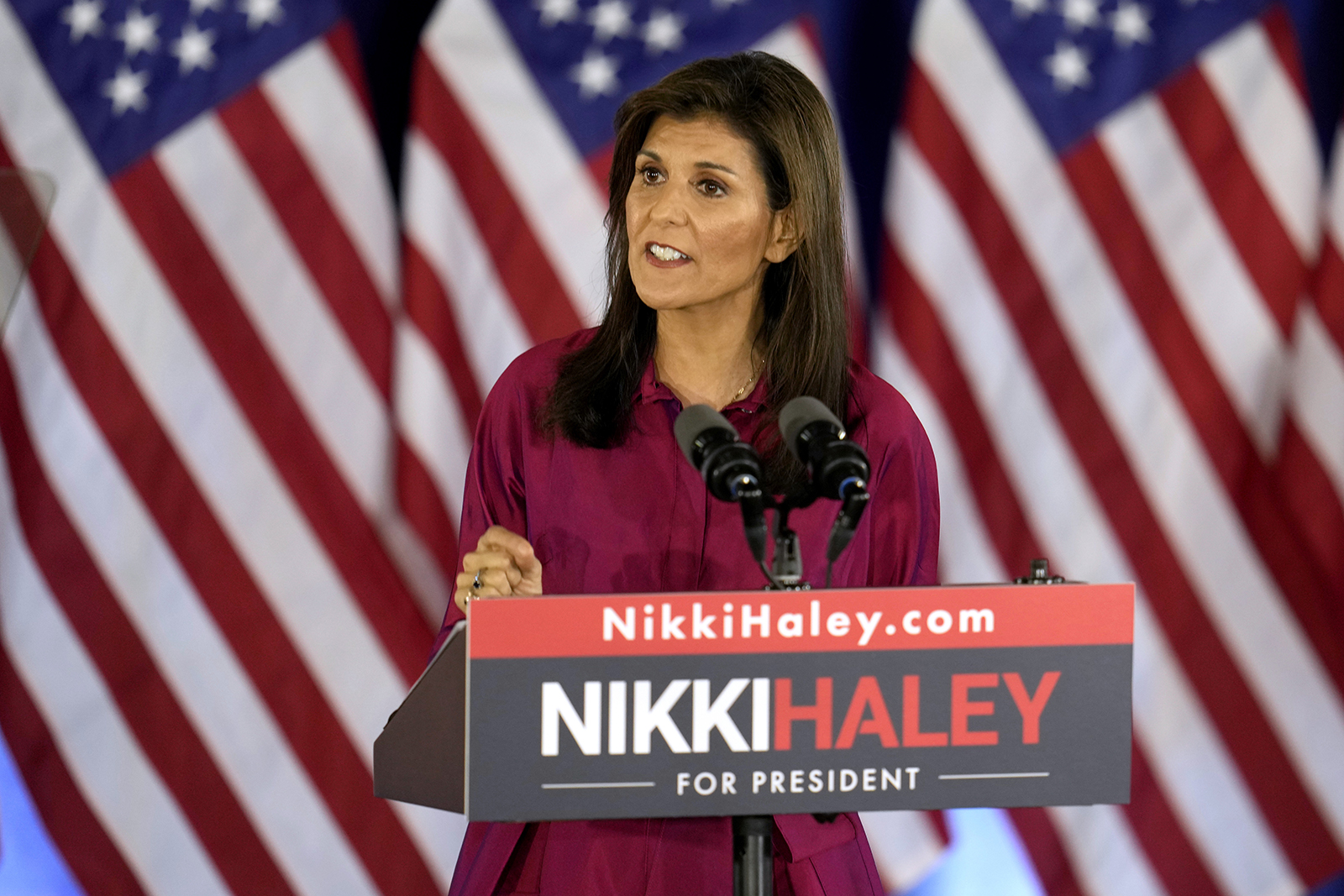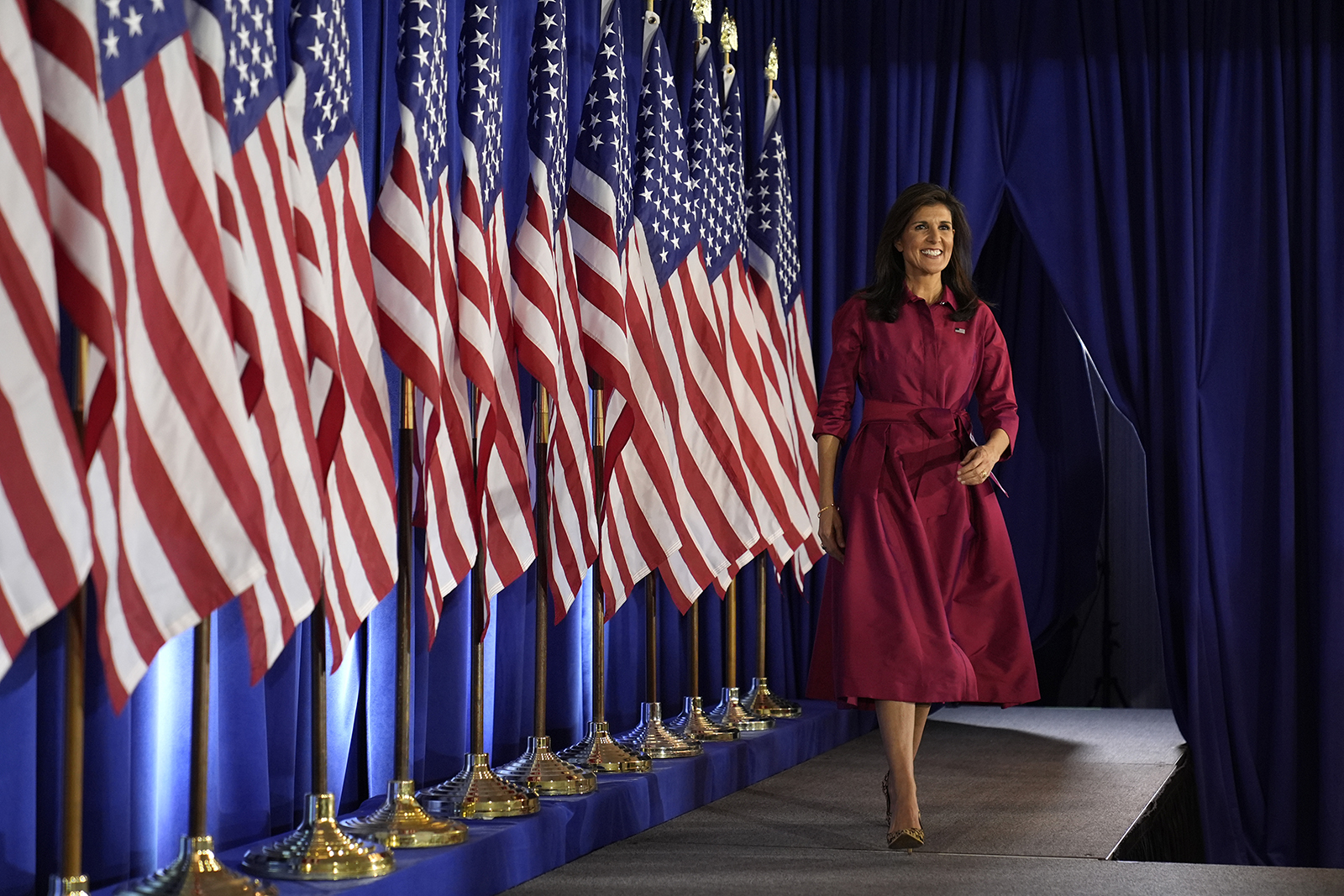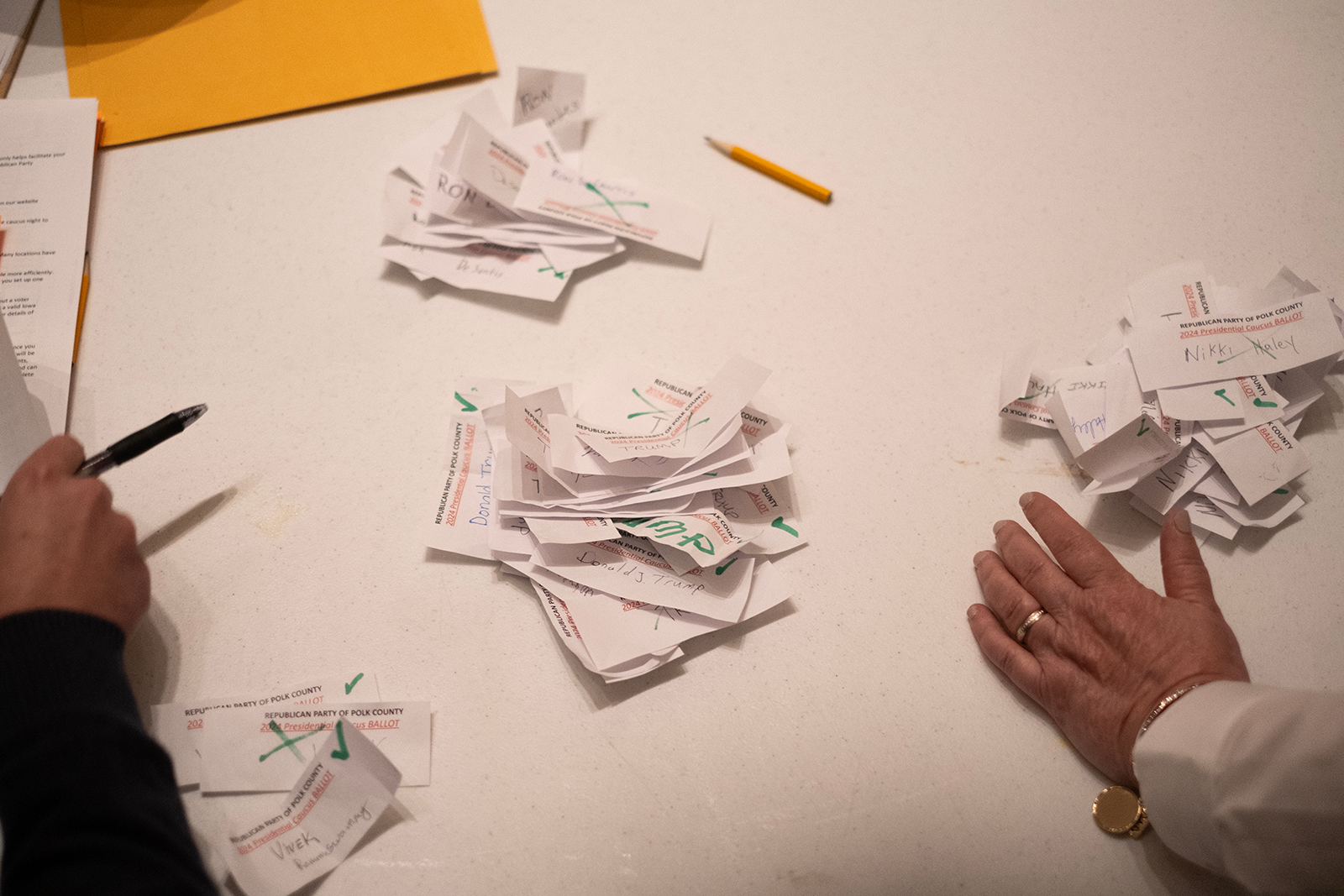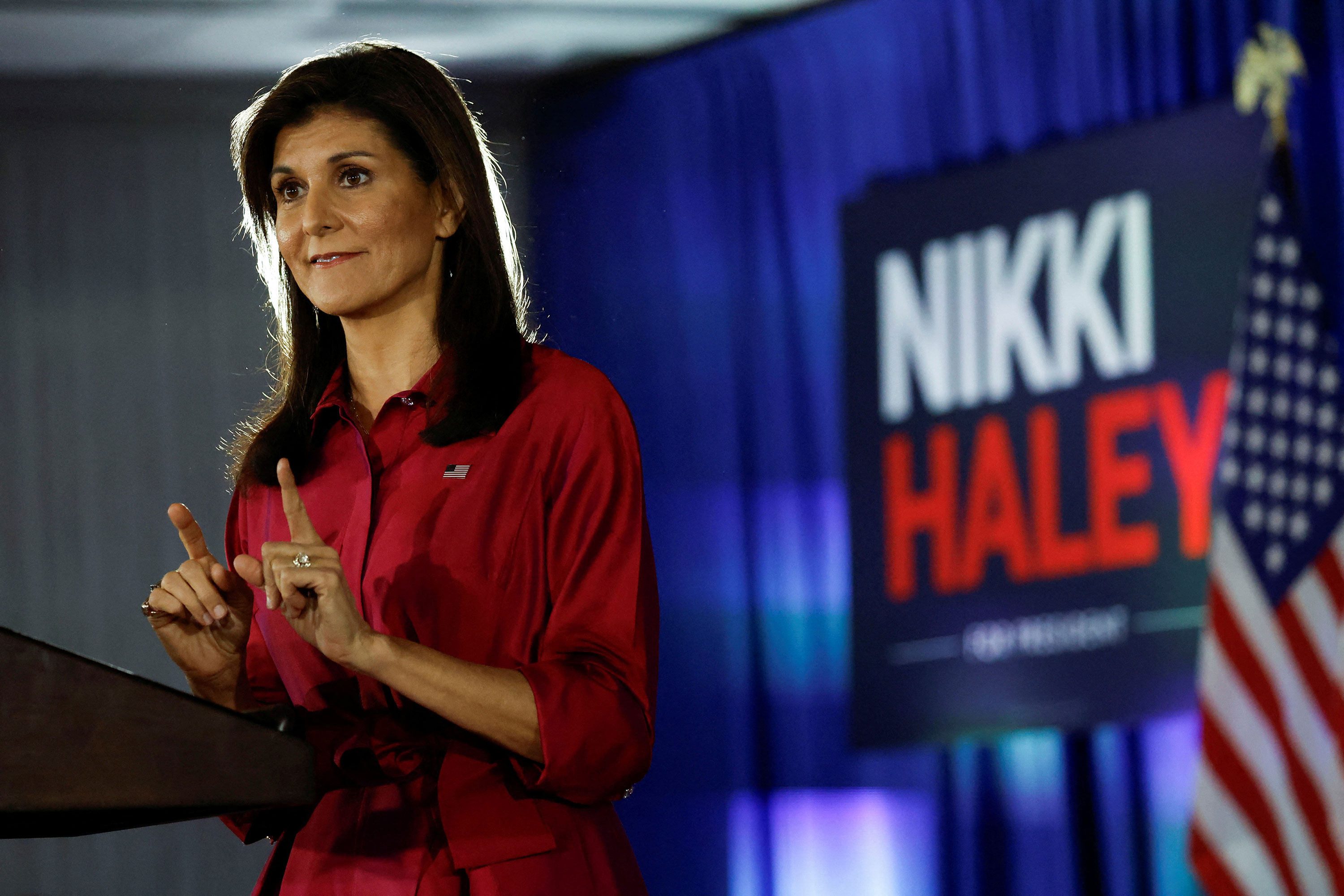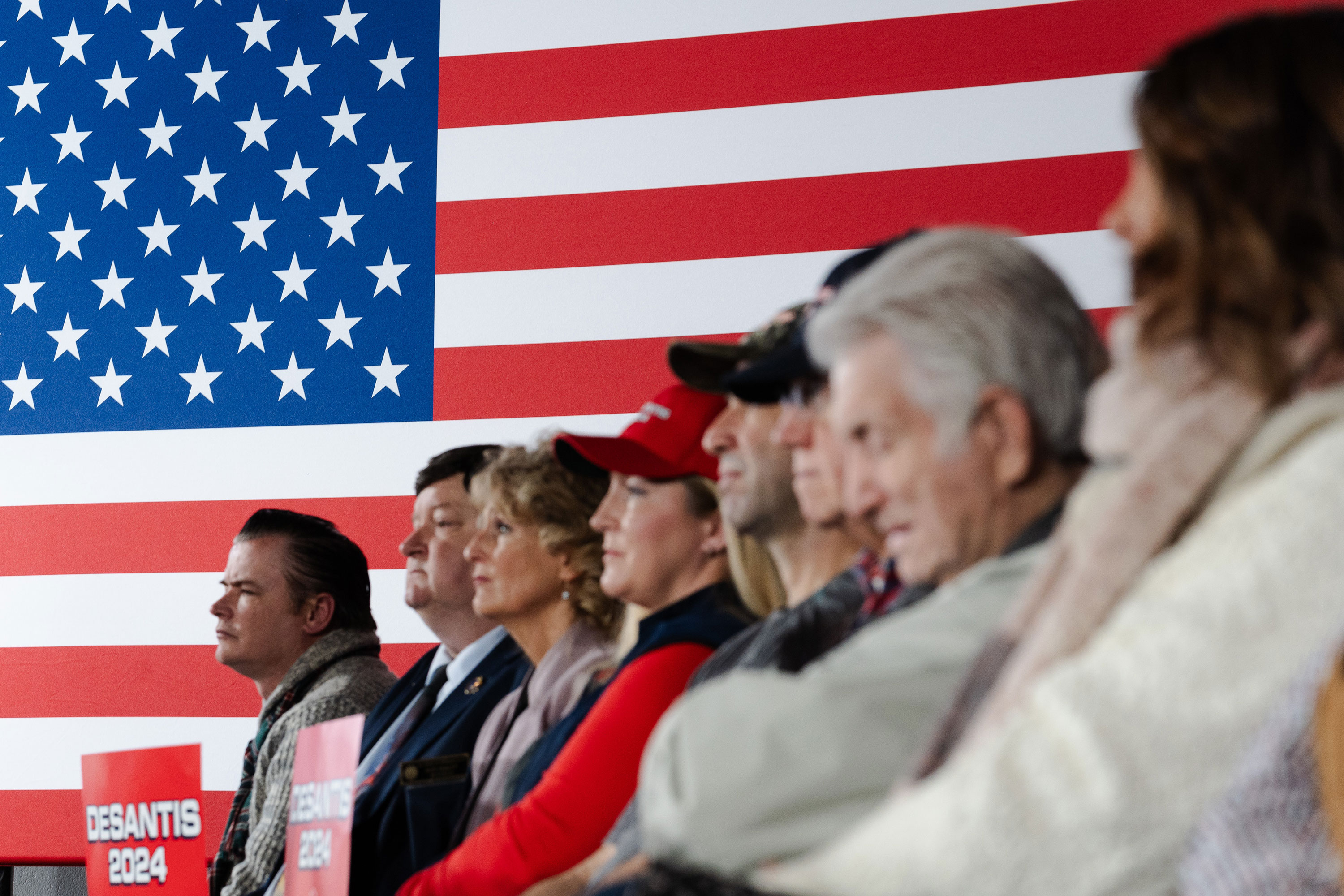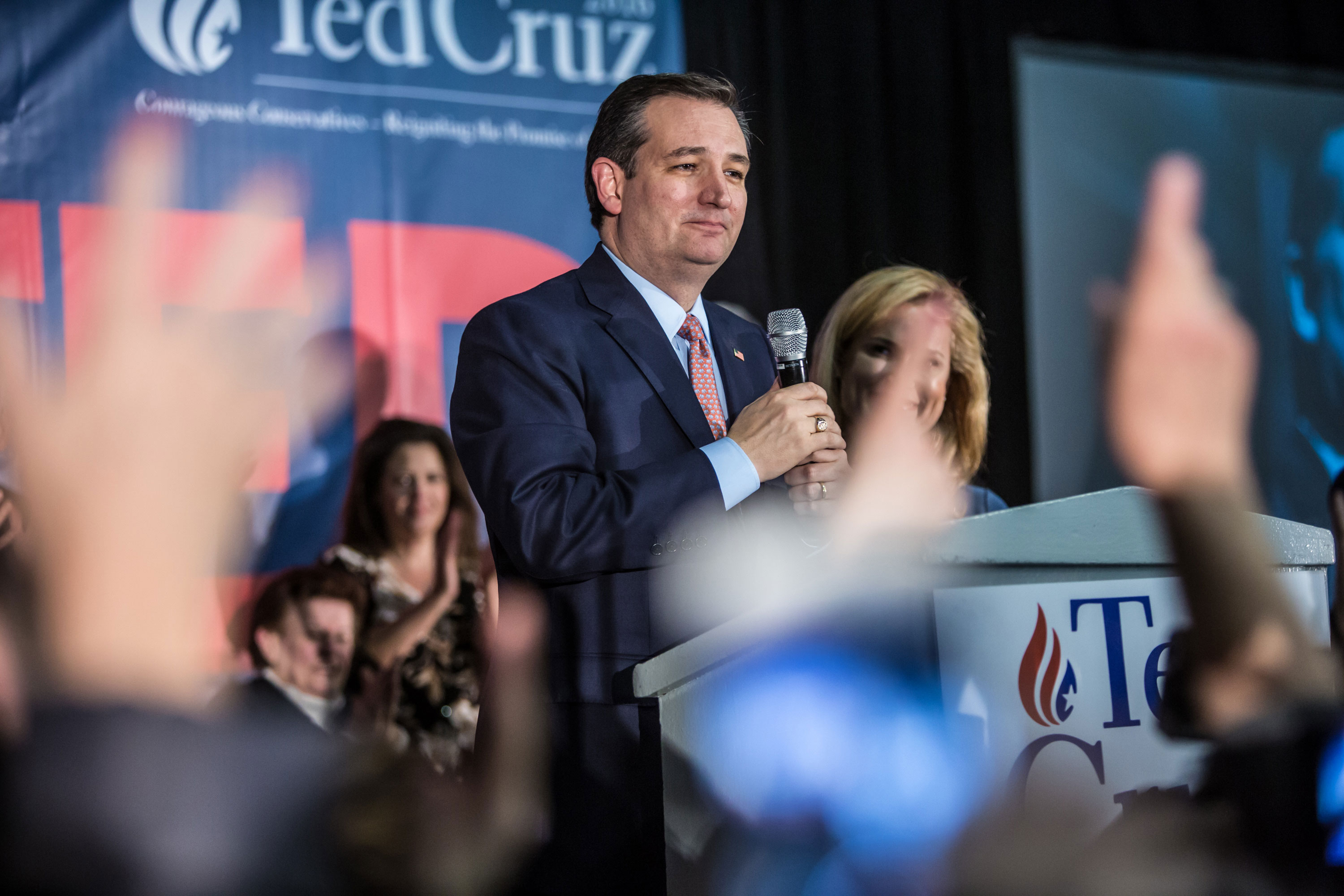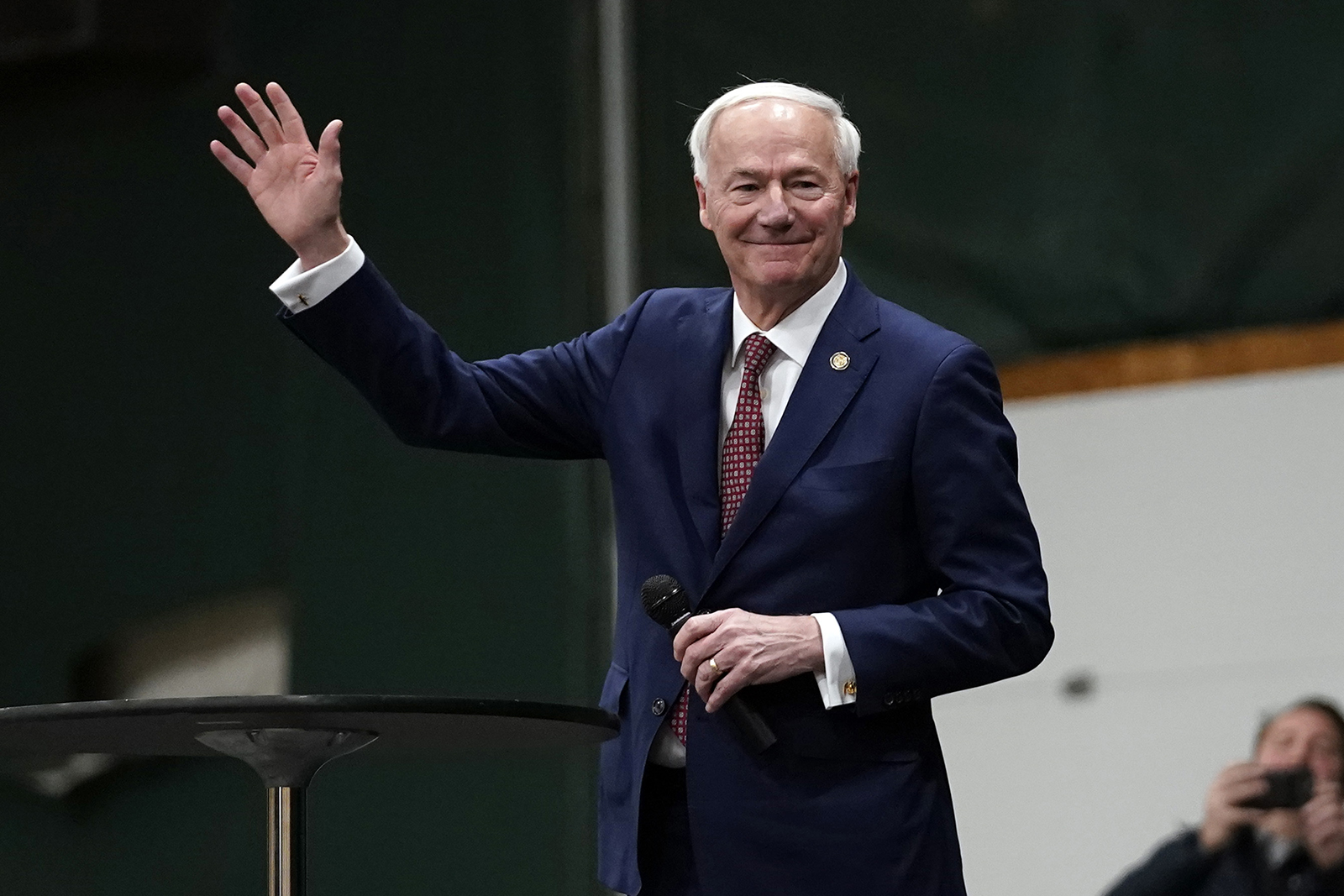
Former Arkansas Gov. Asa Hutchinson announced Tuesday he is suspending his presidential campaign after a weak showing in the Iowa caucuses on Monday night.
“I congratulate Donald J. Trump for his win last night in Iowa and to the other candidates who competed and garnered delegate support. Today, I am suspending my campaign for President and driving back to Arkansas," he said in a statement.
"My message of being a principled Republican with experience and telling the truth about the current front runner did not sell in Iowa. I stand by the campaign I ran. I answered every question, sounded the warning to the GOP about the risks in 2024 and presented hope for our country’s future. Susan and I are blessed beyond measure, and we are grateful for the opportunity to have fought in the political arena for America,” he added.



